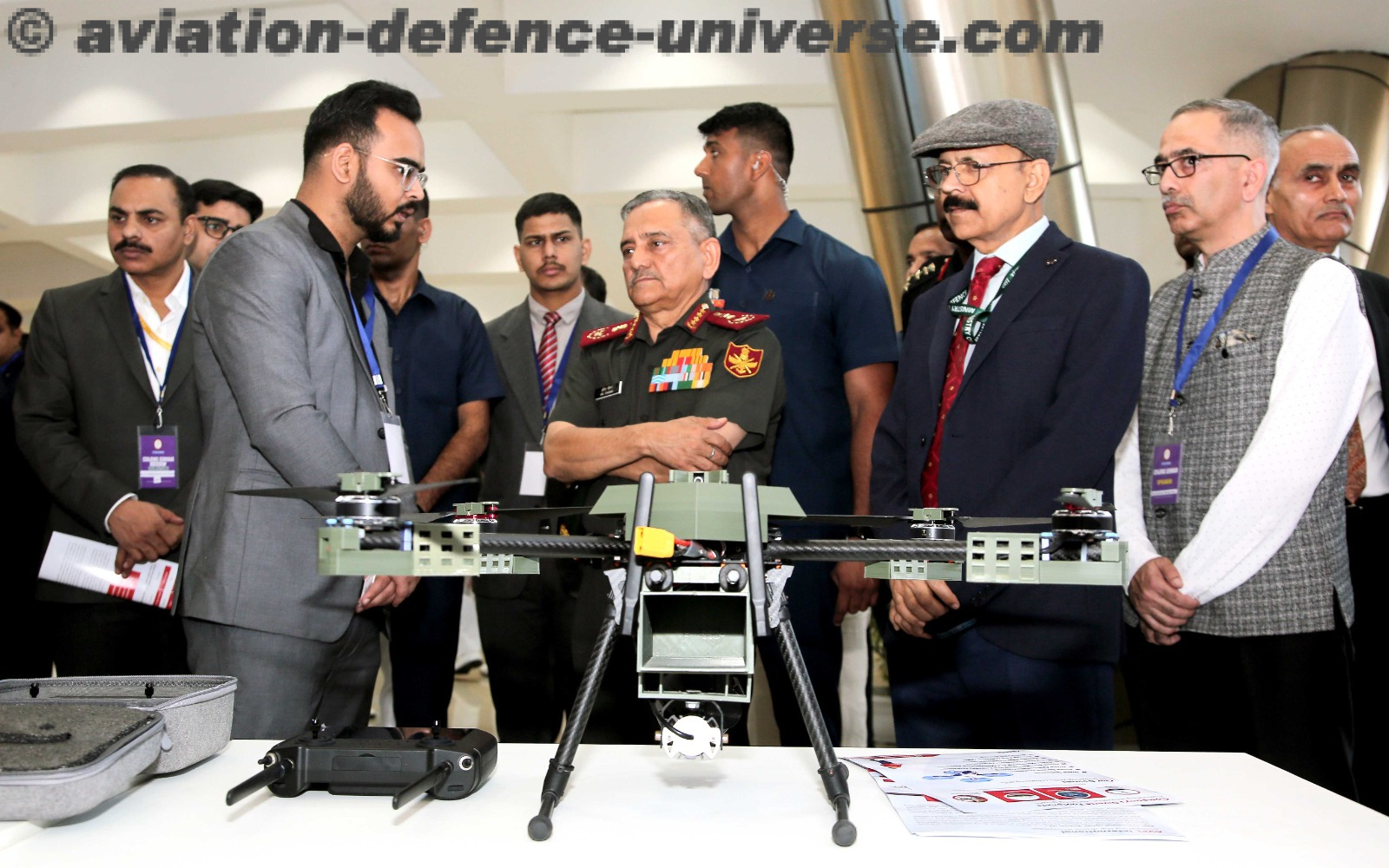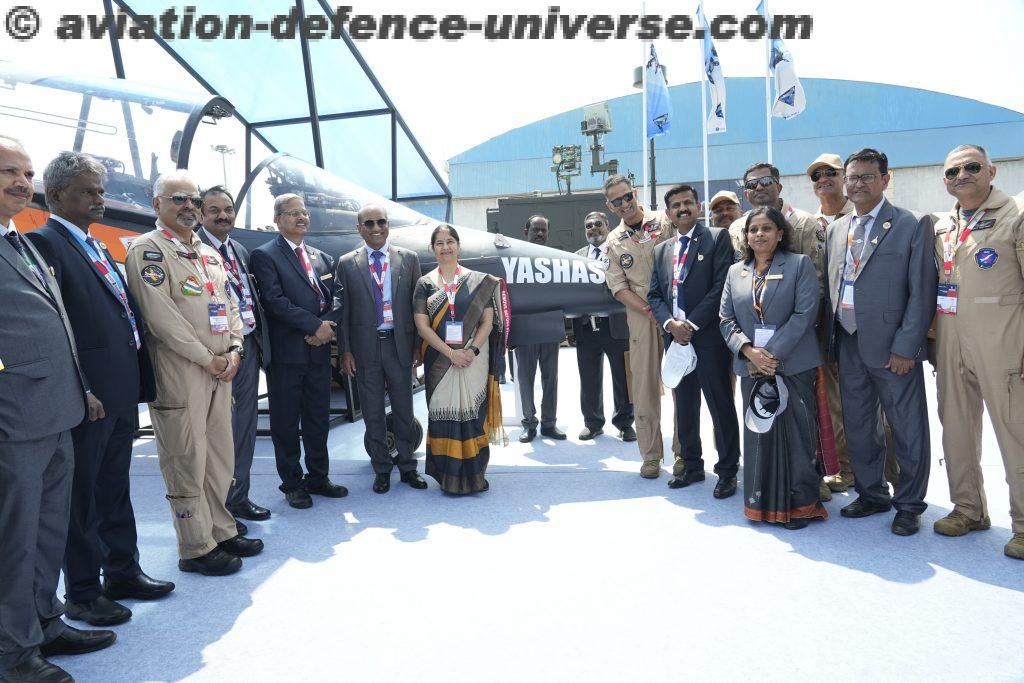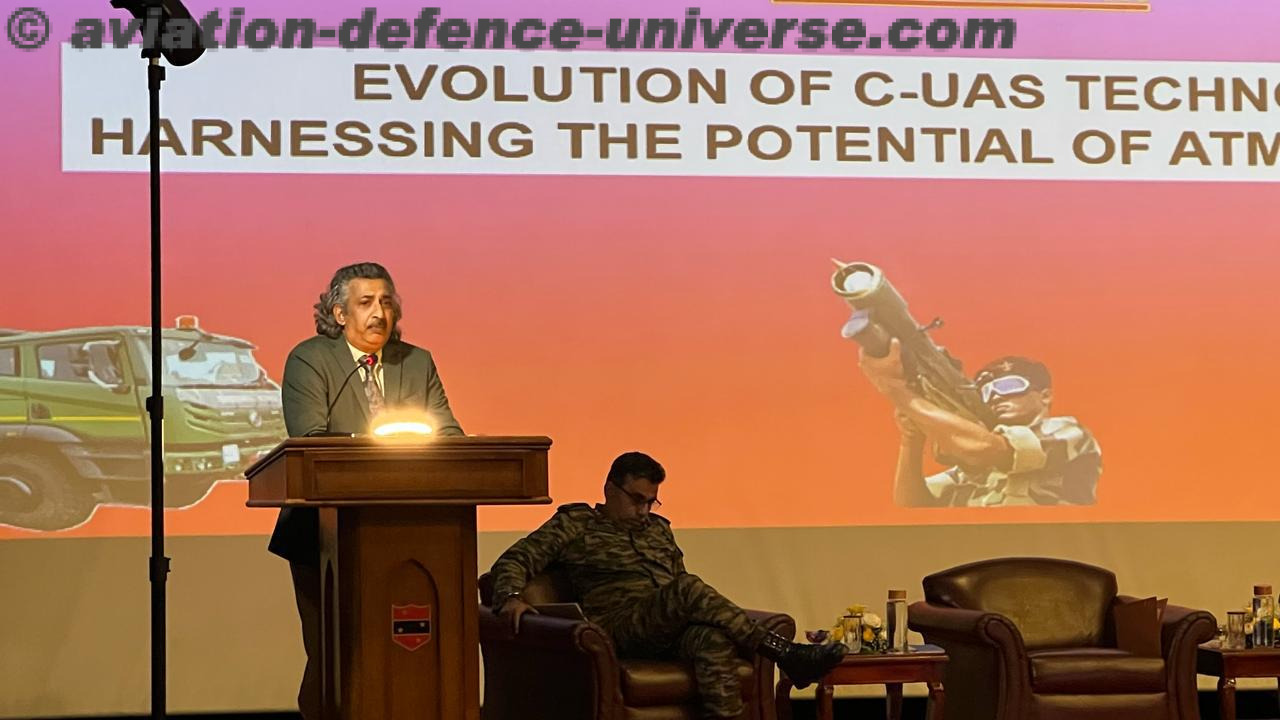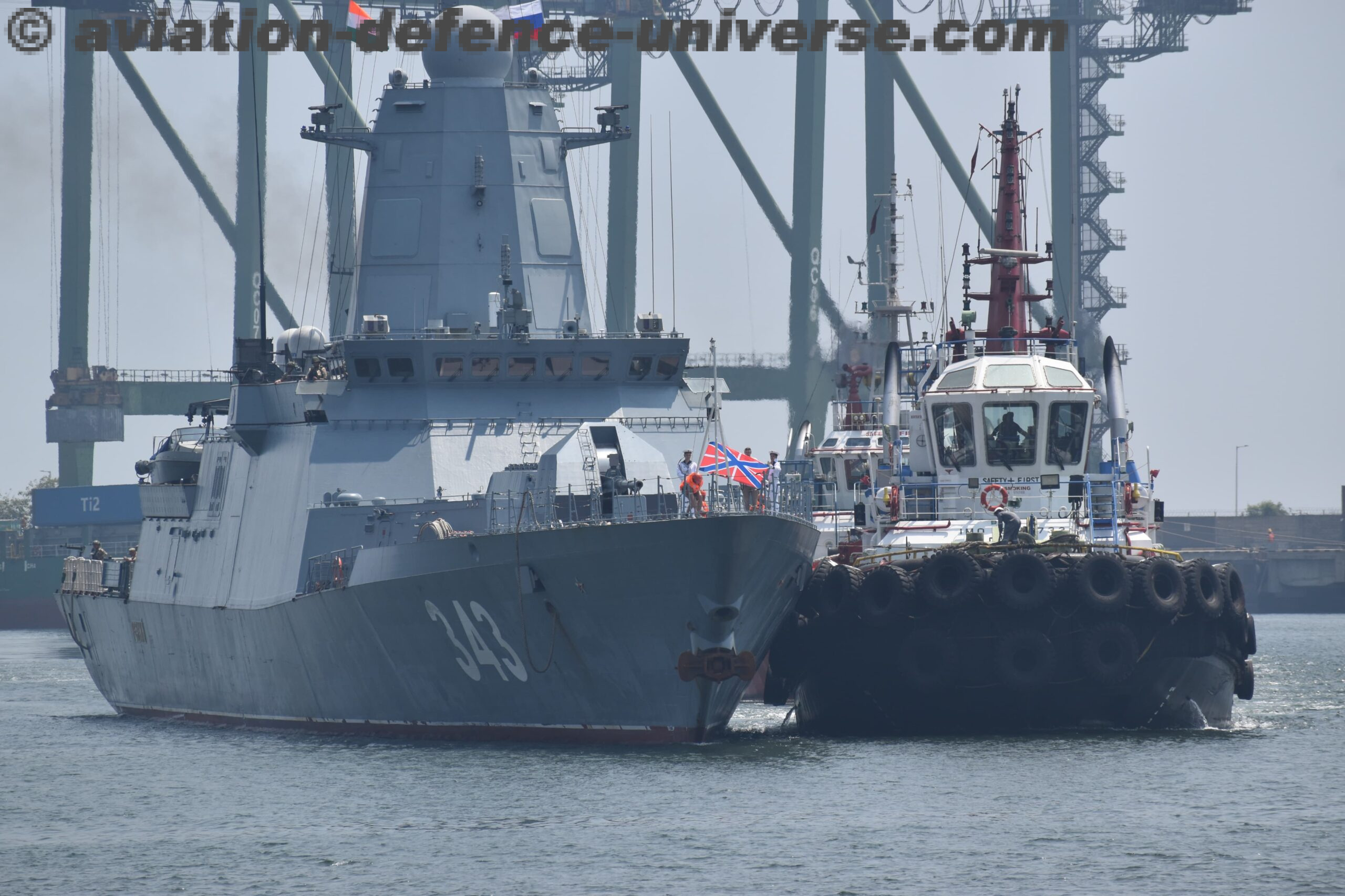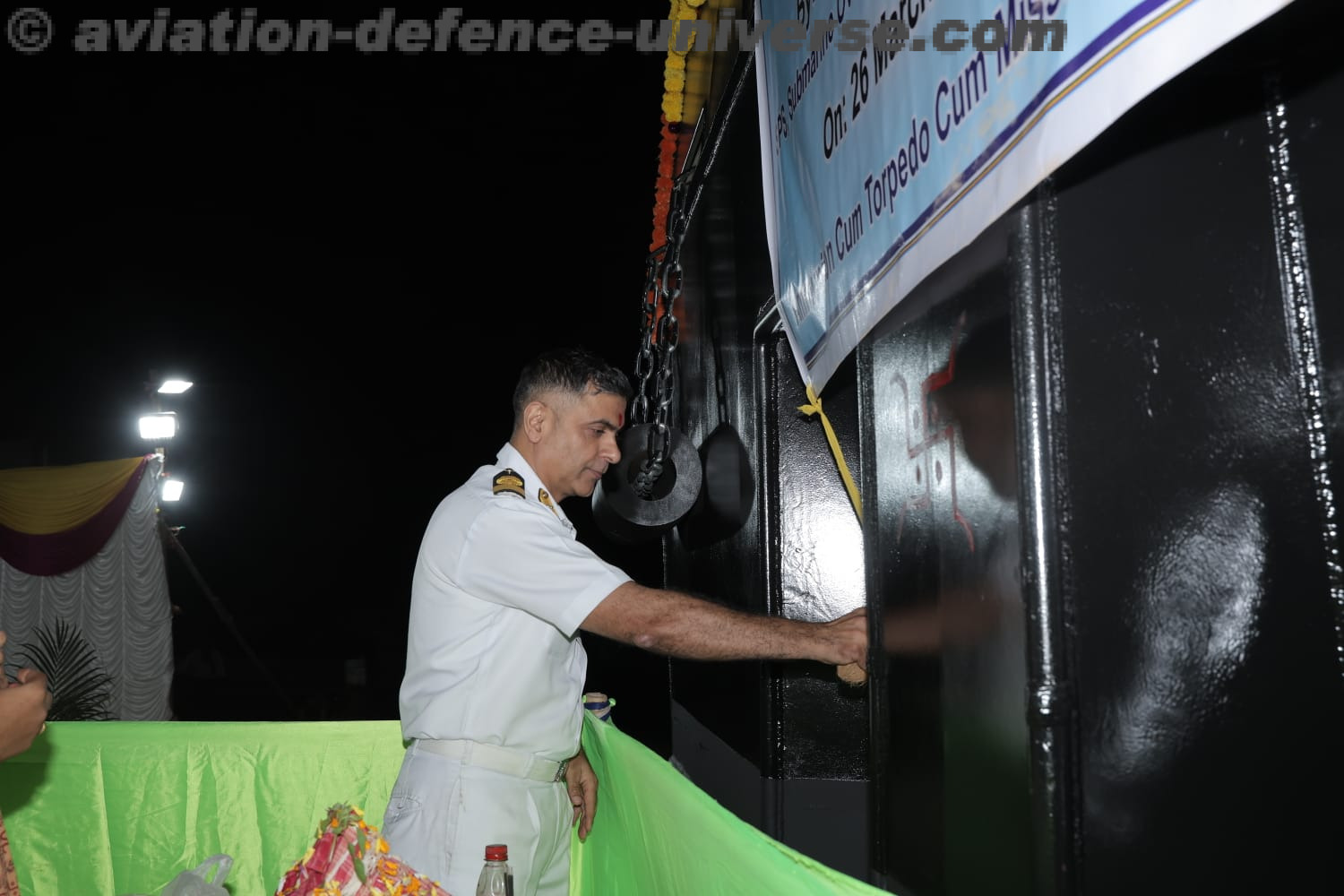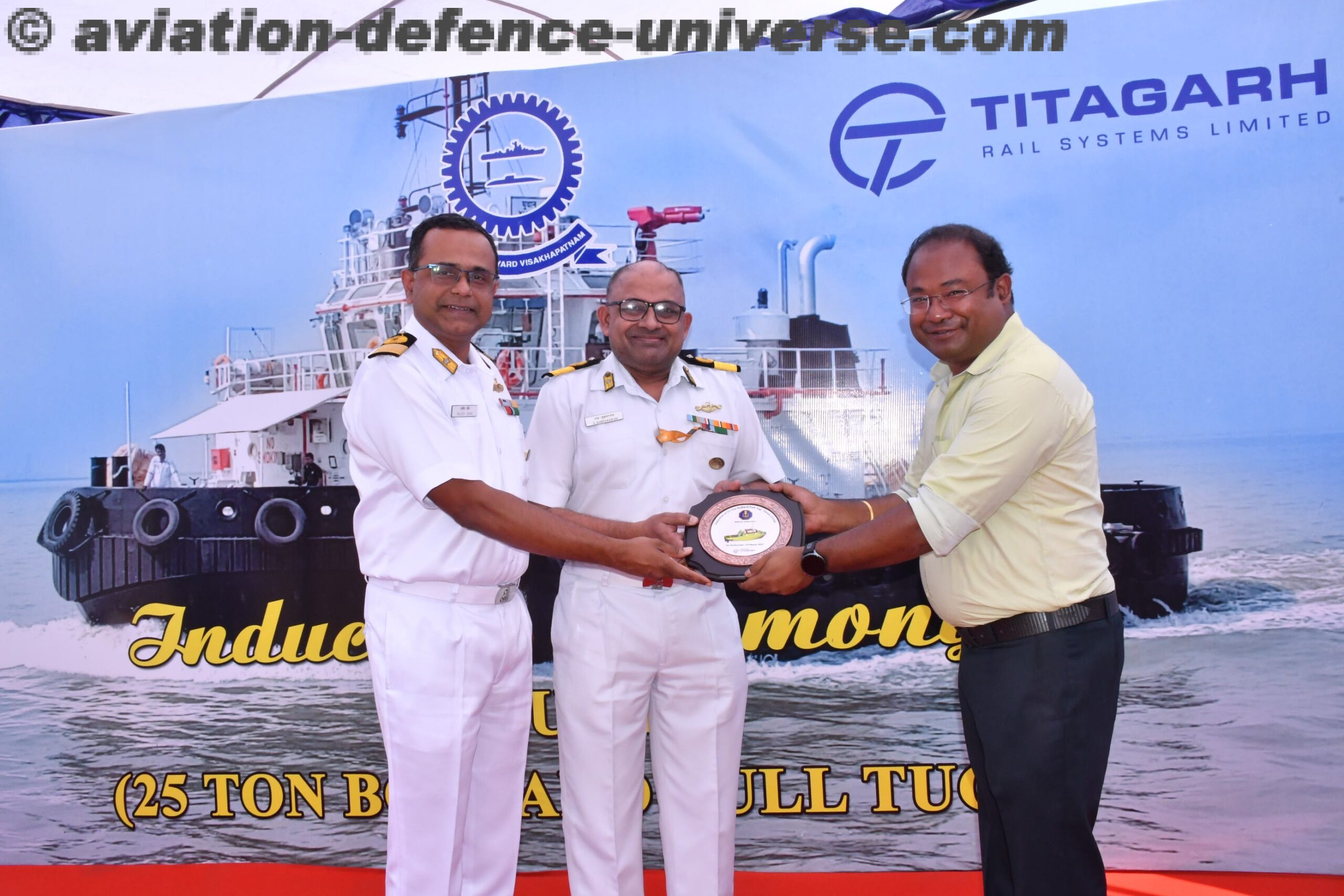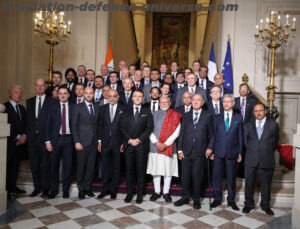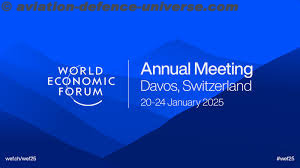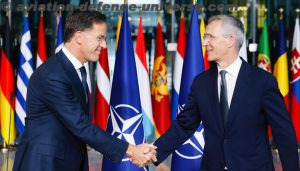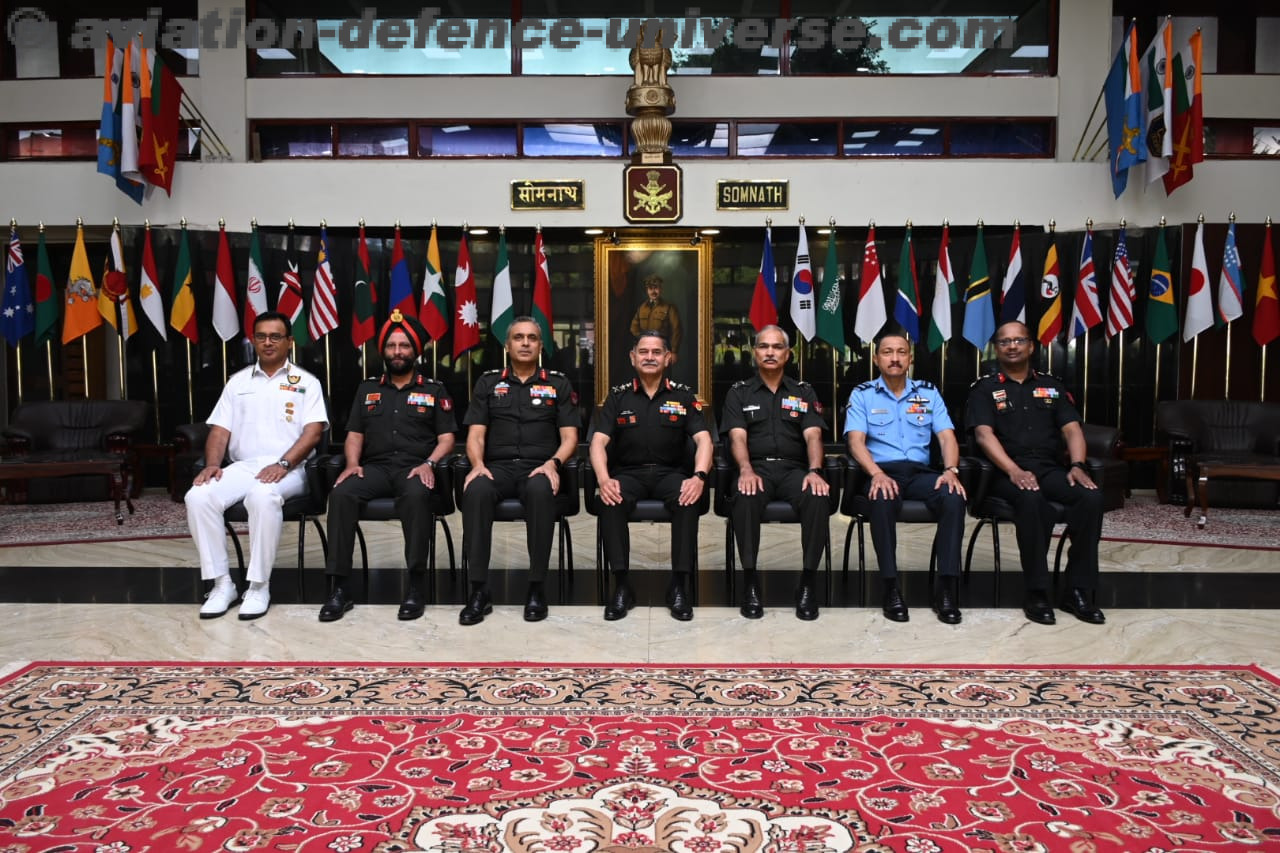- “India is seen as a combination of openness, opportunities and options”
- “During the last nine years, India has become the fifth largest global economy as a result of our sustained efforts”
- “India has moved away from red tape to red carpet”
- “We must build resilient and inclusive global value chains that can withstand future shocks”
- “‘High Level Principles for the Digitalization of Trade Documents’ can help countries in implementing cross-border electronic trade measures and reduce compliance burdens”
- “India believes in a rules-based, open, inclusive and multilateral trading system with WTO at its core”
- “For us, MSME means – Maximum Support to Micro, Small, and Medium Enterprises”
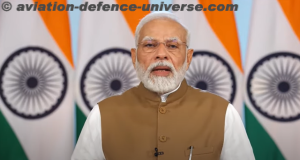 New Delhi. 23 August 2023. The Prime Minister, Shri Narendra Modi addressed the G20 Trade and Investment Ministers’ Meeting held in Jaipur, Rajasthan via video link today.
New Delhi. 23 August 2023. The Prime Minister, Shri Narendra Modi addressed the G20 Trade and Investment Ministers’ Meeting held in Jaipur, Rajasthan via video link today.
Addressing the gathering, the Prime Minister extended a warm welcome to the Pink City of Jaipur and said that the region is known for its dynamic and enterprising people. He underlined that trade has led to the exchange of ideas, cultures, and technology while also bringing people closer throughout history. “Trade and globalization have also lifted hundreds of millions out of extreme poverty”, Shri Modi added.
Highlighting the global optimism and confidence in the Indian economy, the Prime Minister stated that today, India is seen as a combination of openness, opportunities and options. During the last nine years, the Prime Minister asserted that India has become the fifth-largest global economy as a result of the sustained efforts by the government. “We embarked on the journey of “Reform, Perform, and Transform” in 2014”, the Prime Minister remarked as he gave examples and mentioned increased competitiveness and enhanced transparency, expanding digitization and the promotion of innovation. He further added that India has established dedicated freight corridors and built industrial zones. “We have moved away from red tape to red carpet and liberalized FDI flows”, Shri Modi said. He also touched upon initiatives like Make in India and Aatma Nirbhar Bharat that have given a boost to manufacturing and also mentioned policy stability in the country. The Prime Minister underlined that the government is committed to making India the third-largest global economy in the next few years.
Throwing light on the current global challenges, from the pandemic to geo-political tensions, the Prime Minister said that it has tested the world economy and stated that it is our responsibility as G20 nations to rebuild confidence in international trade and investments. The Prime Minister emphasized on building resilient and inclusive global value chains that can withstand future shocks. In this context, the Prime Minister highlighted the importance of India’s proposal to create a Generic Framework for Mapping Global Value Chains to assess vulnerabilities, minimize risks and enhance resilience.
“Technology’s transformative power in trade is undeniable”, the Prime Minister remarked and gave the example of India’s shift to an online single indirect tax – the GST which helped create a single internal market boosting inter-state trade. He also touched upon India’s Unified Logistics Inter-face Platform that makes trade logistics cheaper and more transparent. He also mentioned ‘Open Network for Digital Commerce’ and termed it as a game-changer that will democratize the digital marketplace eco-system. “We have already done that with our Unified Payments Interface for payment systems”, he added. The Prime Minister observed that digitizing processes and the use of e-commerce have the potential to enhance market access. He expressed delight that the group is working on the ‘High-Level Principles for the Digitalization of Trade Documents’. These principles, the Prime Minister said, can help countries in implementing cross-border electronic trade measures and reduce compliance burdens. Highlighting the challenges of the growth in cross-border e-commerce, the Prime Minister suggested working collectively to ensure equitable competition between large and small sellers. He also emphasized the need to address the problems faced by consumers in fair price discovery and grievance handling mechanisms.
The Prime Minister underlined that India believes in a rules-based, open, inclusive and multilateral trading system with the WTO at its core. He pointed out that India has advocated the concerns of the Global South at the 12th WTO Ministerial Conference where members were able to forge consensus on safeguarding the interests of millions of farmers and small businesses. He stressed paying more attention to MSMEs given their key role in the global economy. “MSMEs account for 60 to 70 percent of employment and contribute 50 percent to the global GDP”, the Prime Minister informed as he stressed the need to support them continuously as their empowerment translates to societal empowerment. “For us, MSME means – Maximum Support to Micro, Small, and Medium Enterprises”, the Prime Minister remarked. He said that India has integrated MSMEs into public procurement through the online platform – Government e-marketplace and has been working with the MSME sector to adopt the ethos of ‘Zero Defect’ and ‘Zero Effect’ on the environment. He highlighted that increasing their participation in global trade and Global Value Chains has been a top priority of the Indian presidency. Speaking about the proposed ‘Jaipur Initiative to foster seamless flow of information to MSMEs’, the Prime Minister said that it will address the challenge of inadequate access to market and business-related information faced by MSMEs. Shri Modi expressed confidence that the upgrade of the Global Trade Help Desk will increase the participation of MSMEs in global trade.
Concluding the address, the Prime Minister underlined that it is the collective responsibility of G20 members as One Family to restore confidence in international trade and investment processes. He expressed confidence that the working group will move forward collectively to ensure the global trading system gradually transitions into a more representative and inclusive future.








